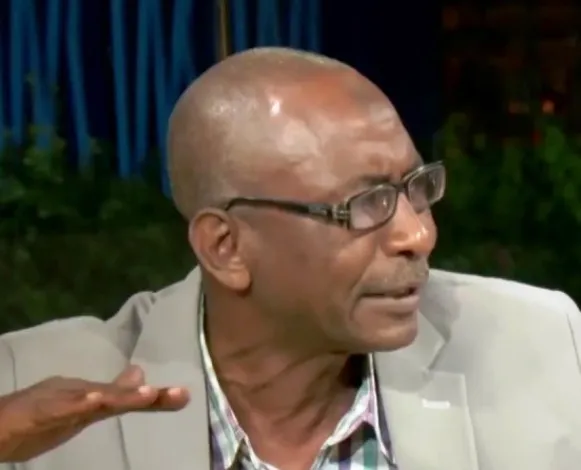Reasons for the cessation of Sudanese theater groups and groups

Alsir Alsayed
In the previous article, I tried to address the reasons for establishing some teams and groups, focusing on Khartoum State, and I was preoccupied with the general laws that governed these reasons and not with the teams and groups themselves, as some understood.
In this article, I will try to monitor some of the reasons for stopping, which I believe include:
1- What I would call weak “administrative awareness”, which is that most of them were exalting the importance of the “creative dimension” and neglecting or turning a blind eye to the administrative dimension. Perhaps one of the signs of this neglect is that most of them were not officially registered and therefore were not concerned with holding their general assembly or to have a bank account, which makes her lose many opportunities for financing and support from the state or from counterpart civil organizations and to represent the state in theatrical events outside Sudan.
2. Related to the previous reason comes the complete absence of state care in terms of creating the appropriate climate for its continuation and development, which is represented in funding, training, freedoms, and follow-up.
3- The cessation and continuation and interruption of theatrical activity. The cessation or faltering of the theatrical seasons that were held by the state, then the high cost of private production, in addition to the witnessed decline of the theater audience, especially in the last twenty years of the rescue system. All of this and more makes these groups unemployed, which leads to The latter leads to its cessation and, in many cases, its death.
4- The unbridled ambition of some individuals in the group or group, especially those who have achieved stardom dragging their tails. These people, without warning, rebel against their groups and groups and search for their personal glory. The appropriate example here is the “Friends Theater Group” and the “Experimental Theater Group.” The stars of these two models are present and strong in the market of rama over his weakness while their two groups go into obscurity.
5- The dominance of a kind of (theatrical fundamentalism), so to speak, which led to something similar to extremism in dealing with some parties and institutions, such as the official media and theater institutions, and even with some playwrights and some local theatrical festivals. In fact, sometimes the matter reached a position even from some of he same types of theatrical performances, as well as the bands and groups that classified themselves as “avant-garde” or “experimental,” insisted on maintaining this line and disapproved of dealing with other theatrical forms, such as for-profit public performances, for example.
6- The change that may occur in the circumstances of the emergence of the band or group specified in the place, goals, or membership, especially those with the greatest influence among them. However, there may be other reasons.
In the next article, I will focus on the names of the groups and the additions they made to the Sudanese theatrical experience.



